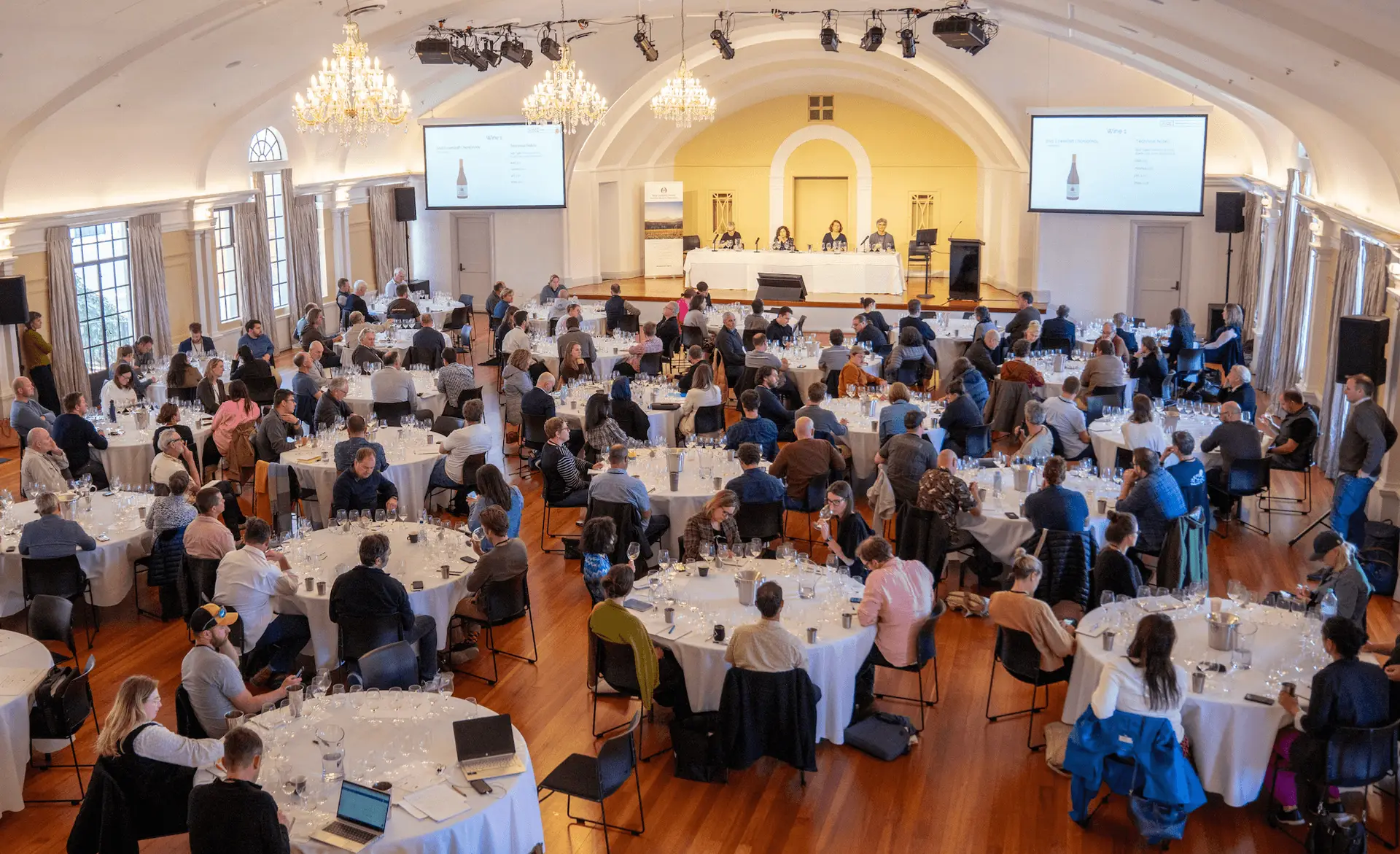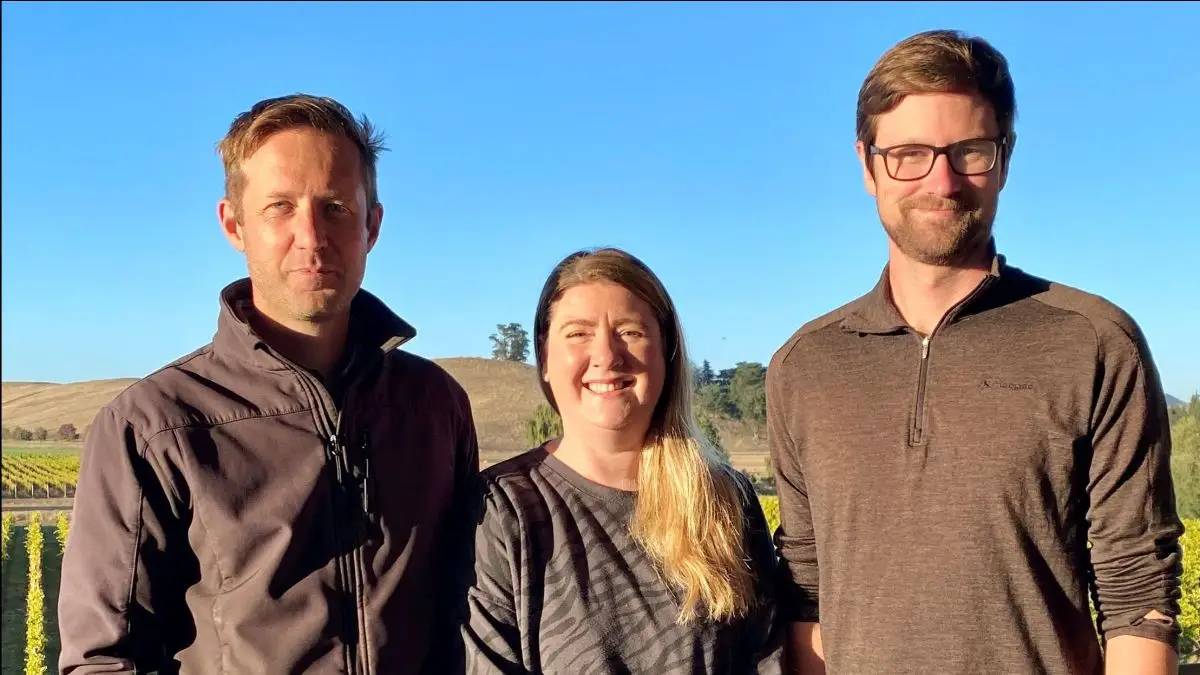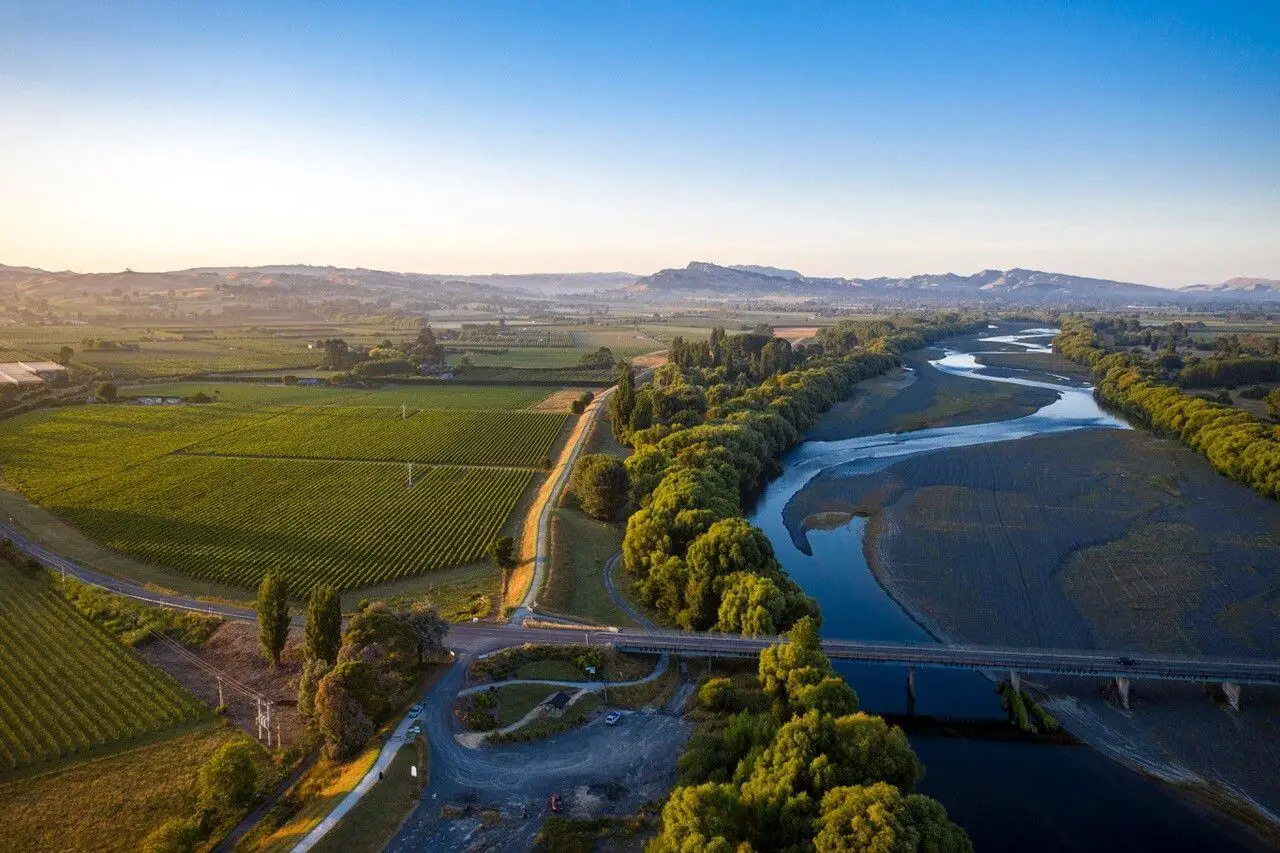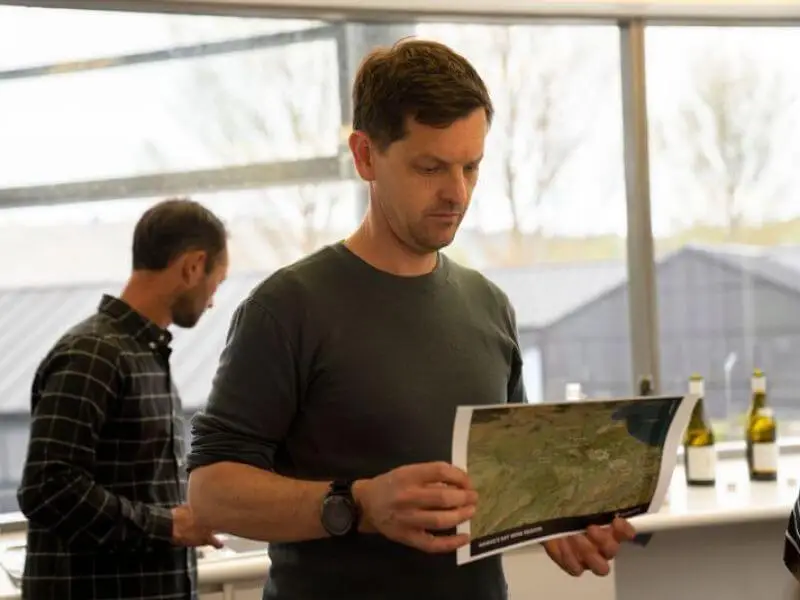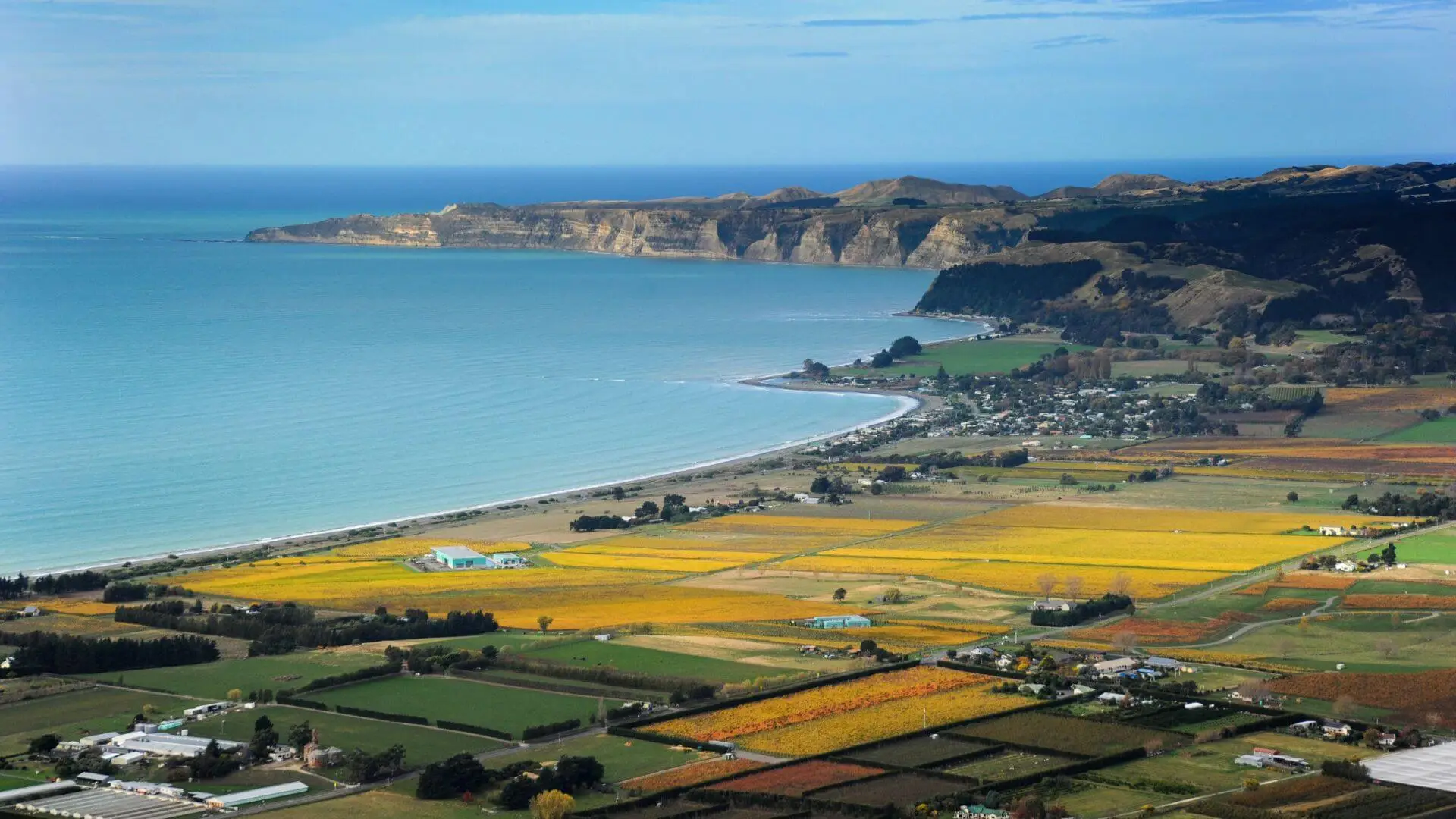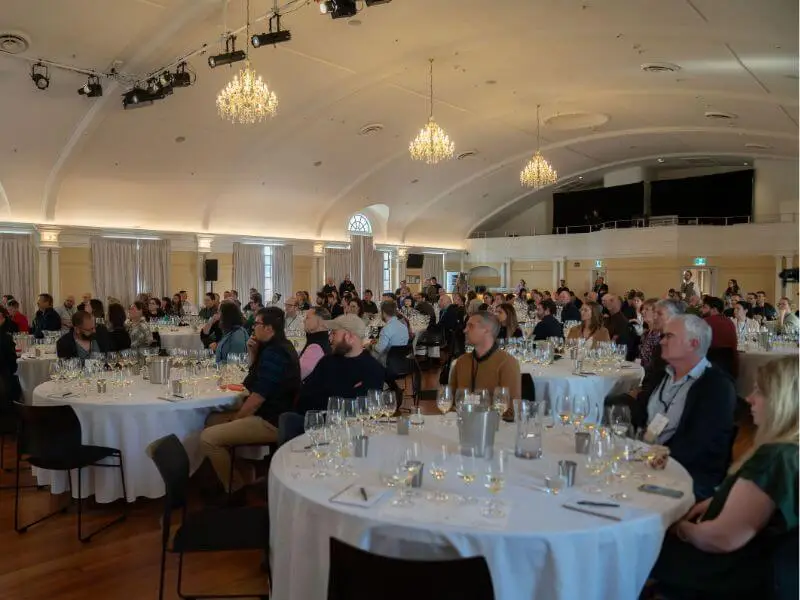Advocacy
The Association is dedicated to advancing the collective interests of its members. By uniting voices within the industry, participants strengthen the Association’s advocacy efforts, ensuring that the concerns and aspirations of Hawke’s Bay wine professionals are not only heard but effectively addressed.
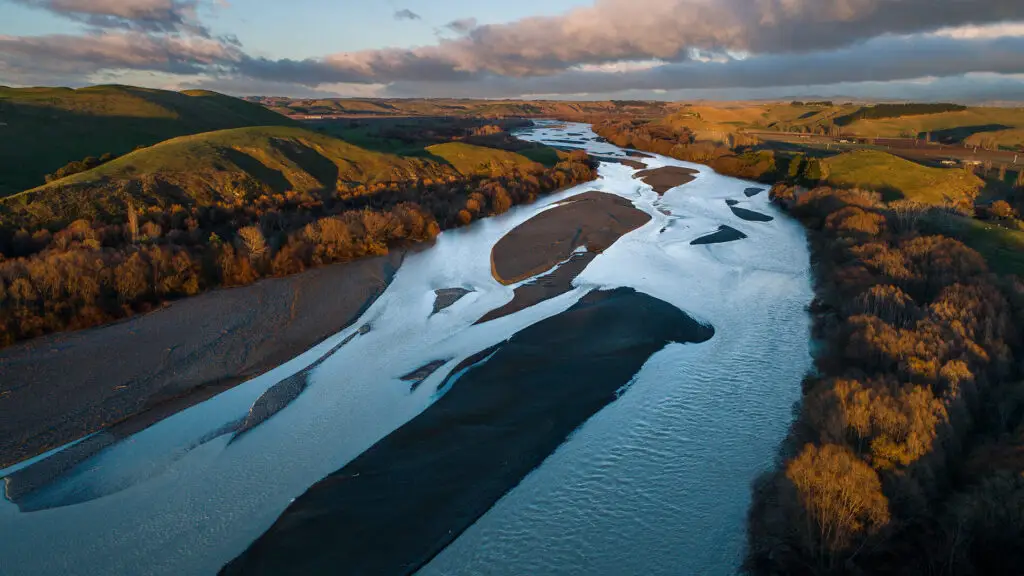
TANK (PC9)
TANK or Plan Change 9 is regulation that HBRC has sought to introduce to reduce the take of water from the regions major waterways including the aquifer.
This plan change has been in development for 12 years with HBWG being involved from the outset. HBRC notified the plan change in 2020 and concerned over the limitations the plan change would have on its members HBWG contracted specialist legal and planning advice to contest some of the provisions at the plan change. The Commissioners hearing the plan change application provided limited remedies to address HBWG’s concerns. With the financial support of affected members HBWG lodged an appeal to the Environment Court and Mediation on this appeal is set for May 2024.
Led By:
Emma Taylor, Lead, HB Wine Water Advocacy Group
Peter Hurlstone, Deputy Chair, HBWG
Brent Linn, EO, HBWG
All businesses who are impacted should complete our online survey gathering data regarding the new water allocations and impacts of these on your businesses.
The Appeal HBWG made on behalf of members was predicated on members pledging to fund the legal costs. We note the majority of those contributing are those that are directly impacted by this first round of expiring consents. We further note the large number of consents (particularly in the Crownthorpe / Managatahi regions) that are yet to expire and will be subject to the new A&R rules we are appealing.
We ask all consent holders to consider supporting the appeal as all consents will be impacted by the new A&R rules that we are appealing. If you wish to support this appeal then please email [email protected] advising business name, contact and area under vine. The contribution rate is $20/ha under vine in HB (minimum pledge $100).
Applications to replace TANK water permits that expire in May 2025
Anyone whose water permit expires in May next year (2025) should have recently received a reminder about applying for a replacement consent. HortNZ has spoken to the regional councils consents team and they have confirmed that as part of those applications, they will not require an assessment of the volume applied for against the definition of actual and reasonable water use that is in the TANK decision. This is because the definition may change as a result of the TANK mediation that remains ongoing. So, at this stage you do not need to spend time and effort justifying whether the volume of water you apply for is actual and reasonable. The council said that when you lodge your replacement application they will calculate your reasonable use (using Irricalc) and also your actual use (based on the water meter data HBRC holds) and provide that information to you. Make sure you get replacement applications into the regional council by 30 November 2024 – this ensures you can keep operating under the conditions of your expired consent until a new consent is issued.
Please also use any and all available opportunities to reiterate the advice below – all growers, big and small, need to be as well across their water meter data and their actual water use as possible. Some type of reduction in existing consented volumes is a very real possibility, and growers need to arm themselves with the best information they can about the water use, and future water use of their operations.
Future limits to the availability of new water are a reality, and reductions to existing consented volumes a real possibility. The best way to prepare for whatever the future brings is to do the following:
- Understand how much water you have actually use
- Understand what ‘reasonable use’ is for your crop/s using Irricalc (Irrigation Requirements (mycatchment.info)).
- Understand what water savings you could make with improved efficiency.
- Assess the quality of your water meter data, and if it’s not good, find out what you could do to improve it.
- If there are reasons why your future water use might not be the same as your past use (e.g. redevelopment, crop rotation, intention to change crops), you need to understand what volume of water is reasonable for that use (most likely this will require using Irricalc).
- Understand if your water allocation was to reduce in the future, what impact that would have on your production, and your business.
If you need help to understand your water meter data, or use Irricalc etc, please contact a rural professional.
HBRC have extended the timeframe for information justifying proposed allocations until 30 December 2024. This extension is to allow for further mediation to occur, and it is likely these will continue for the rest of this year.
HBWG remains actively involved in these mediations.
HBRC are no longer wanting further information justifying proposed allocations to be provided by 1st September 2024. They have extended the timeframe until 30 December 2024 (you should have received an email from [email protected] late last week telling you this). This extension will allow more mediation to occur, and it is likely to continue for the rest of this year.
We are actively working in the mediation to improve the TANK plan for growers as much as we can but future limits to the availability of new water are a reality, and reductions to existing consented volumes a possibility. The best way to prepare for whatever changes eventuate it to understand in real detail your future water needs, so you should use this time extension to do the following:
- Understand how much water you have actually used.
- Understand what your reasonable use is for your crop/s using Irricalc (Irrigation Requirements (mycatchment.info)).
- Understand what water savings you could make with improved efficiency.
- Assess the quality of your water meter data, and if its not good, find out what you could do to improve it.
- If there are reasons why your future water use might not be the same as your past use (eg. redevelopment, crop rotation, intention to change crops), you need to understand what volume of water is reasonable for that use (most likely this will require using Irricalc).
- Understand if your water allocation was to reduce in the future what impact that would have on your production, and your business
If you need help to understand your water meter data, or use Irricalc etc, please contact a rural professional.
Two final things to confirm:
- You can continue to operate under the conditions of your expired consent until a new consent is issued.
- You do not need to provide any further information to the council at the moment.
Further to our earlier update on our mediation regarding the TANK plan change.
Subsequent to this advice we are aware that HBRC have written to holders of expired consents advising of an extension to the timeline for consent holders to submit information regarding the HBRC derived actual and reasonable use until 30 November 2024 and asking that any information to support applications is submitted to Council prior to
1 September 2024.
Our advice remains as follows:
- If you haven’t already done so make sure you tell HBRC if you do not agree with the actual and reasonable volume they have calculated for you.
- There is no need to provide any further information to Council at the moment. They are going to tell you what they want to know – wait until they do to make sure you are answering their questions correctly.
- There is no need to hurry – you can continue to operate under your expired water permit until new consents are issued.
- What you can spend time on is looking at your own water meter data and really understanding what your water use is. If you find it hard, get someone to help you – a viticultural consultant or the like. Make sure your meters are operating well – get them verified etc. While it isn’t clear yet what water allocations are going to be, what is very clear is that accurate water meter data, and understanding in real detail what your own water use is, is going to be really, really important and at the moment the most worthwhile thing you can do to future proof your business.
The HBWG water advisory group is continuing to engage with the parties in mediation that our appeal is subject to and will continue to inform you of developments.
In the meantime, we thank those members that have continued to fund the appeal process and request that all members give consideration to supporting your colleagues by joining the funding group. Contributions are scaled at $20/ha (minimum $200) under vine and you can join by emailing [email protected] advising business name and area under vine.
Update of our Appeal on Hawkes Bay Regional Council’s Plan Change 9 (the TANK Plan Change) as at 24 May.
As you may recall, the Environment Court directed all parties to attend mediation. Mediations held from the 6th to 9th of May covered our appeal points and other appeals regarding the ‘actual and reasonable use’ rules that are guiding groundwater allocation renewals.
As we are bound by the rules of mediation, we are not able to specifically cover what each party said at mediation. However, we can disclose that despite a healthy discussion and positive engagement by some of the parties who were present, the mediation did not result in the settlement of any part of our appeals regarding the Council’s “actual and reasonable” rule framework or its “least of either” approach based on existing water use and/or the application of IRRICALC. We also had to maintain our opposition to other parties’ appeal points at mediation, for example requests to reduce the overall allocation limit further than 90,000m3, and requests to drop consent durations for groundwater allocation from 15 years to 5 years. Accordingly, all these appeals (including our own) will now need to progress to an Environment Court hearing.
TANK (PC9) plan changes will have significant impacts on winegrowing and it is imperative we continue to defend our position, ensuring sufficient water for grape growing. We note that there are a large number of consents (particularly in the Crownthorpe / Mangatahi regions) that are yet to expire and will be subject to the new proposed Actual and Reasonable Allocation rules. We would ask that you signify your willingness to support this work by emailing [email protected] with details of your area under vine and we will issue an invoice for your contribution.
Representatives from HBWG met with HBRC senior management last week to discuss the practicalities and limitations of the advised Actual and Reasonable allocations that have been released. HBRC expresses a desire to work with HBWG to better understand the issues irrigators are facing as a consequence of the new A&R allocations. Consequently, we ask that if you have not already done so, then could you please complete our water survey questionnaire here.
One piece of advice we can share from this meeting is that HBRC will wait for the outcome of our mediation before issuing replacement consents (apart from those that have agreed to the new A&R assessment (approx. 26 of 800 consents).
So, for those who have received a new A&R allocation letter that you don’t agree with, then there is no need to do anything other than advising HBRC that you do not agree with the proposed new allocations and reserve the right to seek resolution via the HBWG legal proceedings. HBRC advise us that they are looking for equity and fairness in the final allocations so wish to avoid a “first up, best dressed” approach.
Parallel to these discussions HBWG has received advice that mediation on our appeal case has been set down for May. We are working with our legal team to present a compelling case to the mediator about the limitations we see in the Actual and Reasonable allocation methodology and proposing alternatives that we believe better supports our members ability to operate.
- provide an update of the appeal process;
- discuss next steps; and
- discuss members response to letters released by HBRC advising of new allocation limits they have developed using their actual and reasonable interpretation.
In summary:
- Mediation is progressing slowly with the key topic that the HBWG appeal is focussed on (being the actual and reasonable definition and allocation policies) set for May 2024.
- The Council has indicated that it considers this mediation topic likely to be contentious. Noting this, and given the breadth of parties involved, it could be difficult to settle all issues through mediation.
- Our team are beginning to engage with its experts around the mediation process and will also continue to liaise with other interested parties over common issues.
- The estimated actual and reasonable allocation limits circulated by the Council provide an opportunity to pull together data which supports the arguments HBWG are making regarding actual and reasonable use and the need for winegrowers to have more water in circumstances where they are intensifying or developing their operations (efficiently). See the request for information below.
- 26 parties have supported the costs of the Appeal, pledging c$50k. $33k has been expended getting to where we are at now and further funding will be required. This is a community led and funded initiative. If you believe this issue is of importance then please email [email protected] indicating your support. Contributions are scaled at $20/ha of vineyard, minimum $100.
- HBWG has written to HBRC questioning why they have released these new allocation limits while the Appeal and mediation process is underway. They have advised they have a duty to implement the plan change. HBWG Water Advocacy Group is to seek a meeting with HBRC senior managers.
- To support our appeal argument, we required real world examples of the new water allocations and impacts of these on your businesses. A survey for you to complete is included here. (Please complete this survey even if you have separately advised HBWG of your allocation changes).
If members are happy with their allocation, then they can accept the notification. If that is the case, we are nevertheless suggesting that members include in the communication this paragraph:
We are a member of the representative body, Hawke’s Bay Winegrowers Association (HBWG), which has appealed the decision in PC9. The appeal seeks changes to the definition of “actual and reasonable” which would impact on the estimated Actual and Reasonable Volume calculated by the Regional Council. Any engagement we have with the Regional Council in this process is without prejudice to our support of the HBWG appeal which raises significant issues of concern to our winegrowing operation, the winegrowers in the region and the industry generally.
If you do not accept the allocated amount, we are suggesting you respond as follows:
We do not accept the estimated actual and reasonable volume calculated by the Regional Council (as set out in the letter of XXX). We intend to provide further information on the actual and reasonable use in June, after the growing / harvest season.
We are also a member of the representative body, Hawke’s Bay Winegrowers Association (HBWG), which has appealed the decision in PC9. The appeal seeks changes to the definition of “actual and reasonable” which would impact on the estimated Actual and Reasonable Volume calculated by the Regional Council. Any engagement we have with the Regional Council in this process is without prejudice to our support of the HBWG appeal which raises significant issues of concern to our winegrowing operation, the winegrowers in the region and the industry generally.
Many of you who are operating on expired consents will have received a letter from HBRC in the last ten days advising you of their interpretation of what your new “actual and reasonable” consent volumes will be.
Attached you will find some background and context to help you in understanding “where to from here”.
Attachments:
